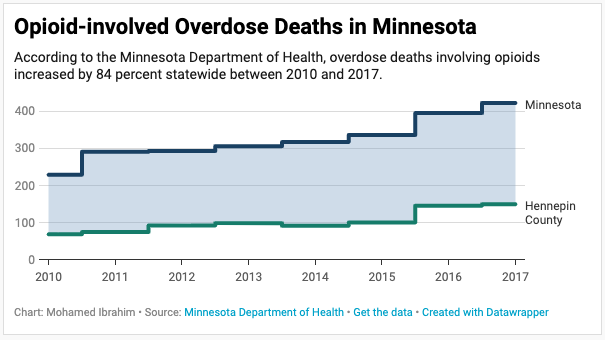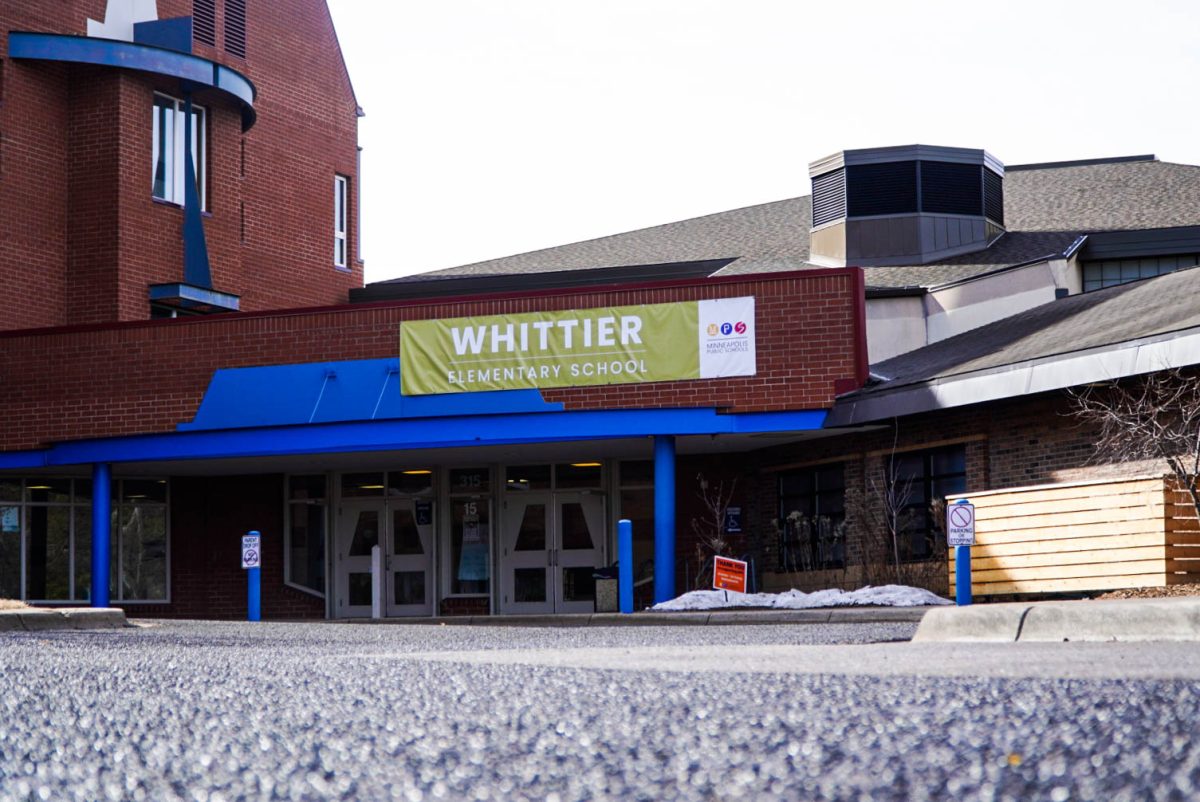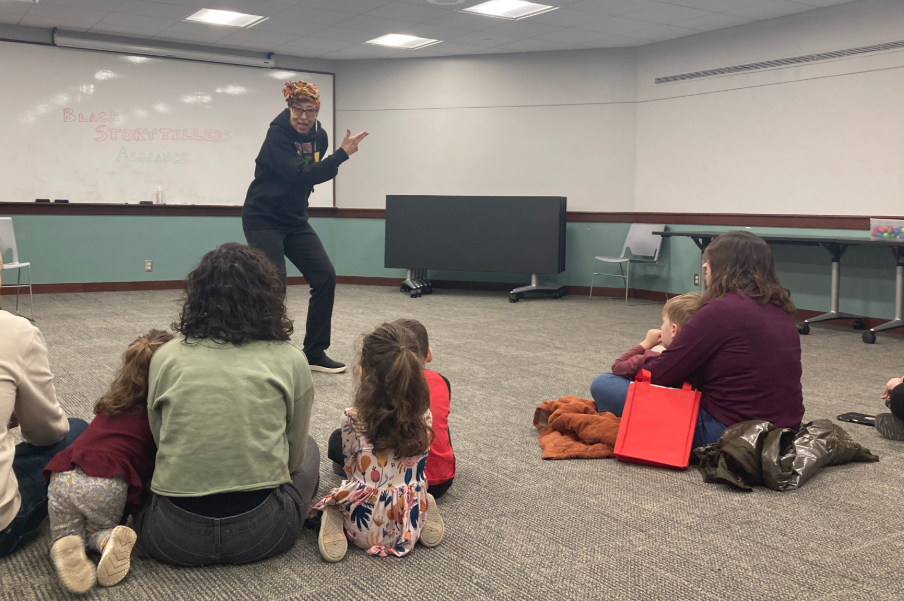City, county and campus officials are collaborating to respond to the opioid crisis, hoping to curb the epidemic in Twin Cities communities.
The City of Minneapolis received funding July 12 to implement recommendations from Mayor Jacob Frey’s Opioid Task Force. County officials and the University of Minnesota’s Opioid Advisory Task Force are also addressing the opioid crisis through funding and research.
The Mayor’s Multi-Jurisdictional Opioid Task Force, formed in 2018, made recommendations in April detailing various approaches to reduce opioid abuse in Minneapolis.
The City Council approved $200,000 from the National Association of County and City Officials on July 12, which will be used to fulfill the recommendations.
“City staff are working on task force recommendations, including things like a needle pick-up/disposal pilot, a mortality assessment, and work to prep for a hospital-based intervention program,” city Policy Director Heidi Ritchie said in an email. “The work of those staff is being supported by the grant.”
In addition to city efforts, the Hennepin County Board of Commissioners approved more than $937,000 in funding early this month to provide medication-assisted therapy to individuals booked in the Adult Detention Center, another task force recommendation.
This funding, along with state money, will also be used to increase access to Naloxone by expanding walk-in hours at clinics and distributing more kits to affected communities.
According to data from the Minnesota Department of Health, the number of opioid-related overdose deaths has steadily increased over the past decade. Deaths increased by 117 percent in Hennepin county and 84 percent statewide between 2010 and 2017.
But since 2017, preliminary data has pointed to a reversal of this trend, showing a 22 percent drop in statewide deaths in 2018.
In a January 2018 letter, former University of Minnesota President Eric Kaler tasked the University’s former Vice President for Research Allen Levine to bring together University expertise to respond to the opioid crisis, leading to the creation of the University’s Opioid Advisory Task Force.
“In the context of the current epidemic of opioid abuse, the University of Minnesota, as the state’s largest land-grant institution, must leverage its expertise — from basic neuroscience to psychology to law — for the benefit of Minnesotans and Minnesota communities affected by opioid abuse,” the letter reads.
The task force, initially overseen by the Office of the Vice President for Research, was moved to the newly formed Office for Academic Clinical Affairs in April, a move OACA Senior Strategy Advisor Dr. Bobbi Daniels said rejuvenated the task force.
The task force’s leadership committee consists of faculty from different departments at the University. With more than 130 faculty and staff already conducting opioid and addiction-related research, the group hopes to supplement their efforts through collaboration between University departments and with public officials.
“The path for us is really just a way to get people together intermittently so that everybody knows what’s going on, and we can leverage strength to think about what we would put in place,” Daniels said.







